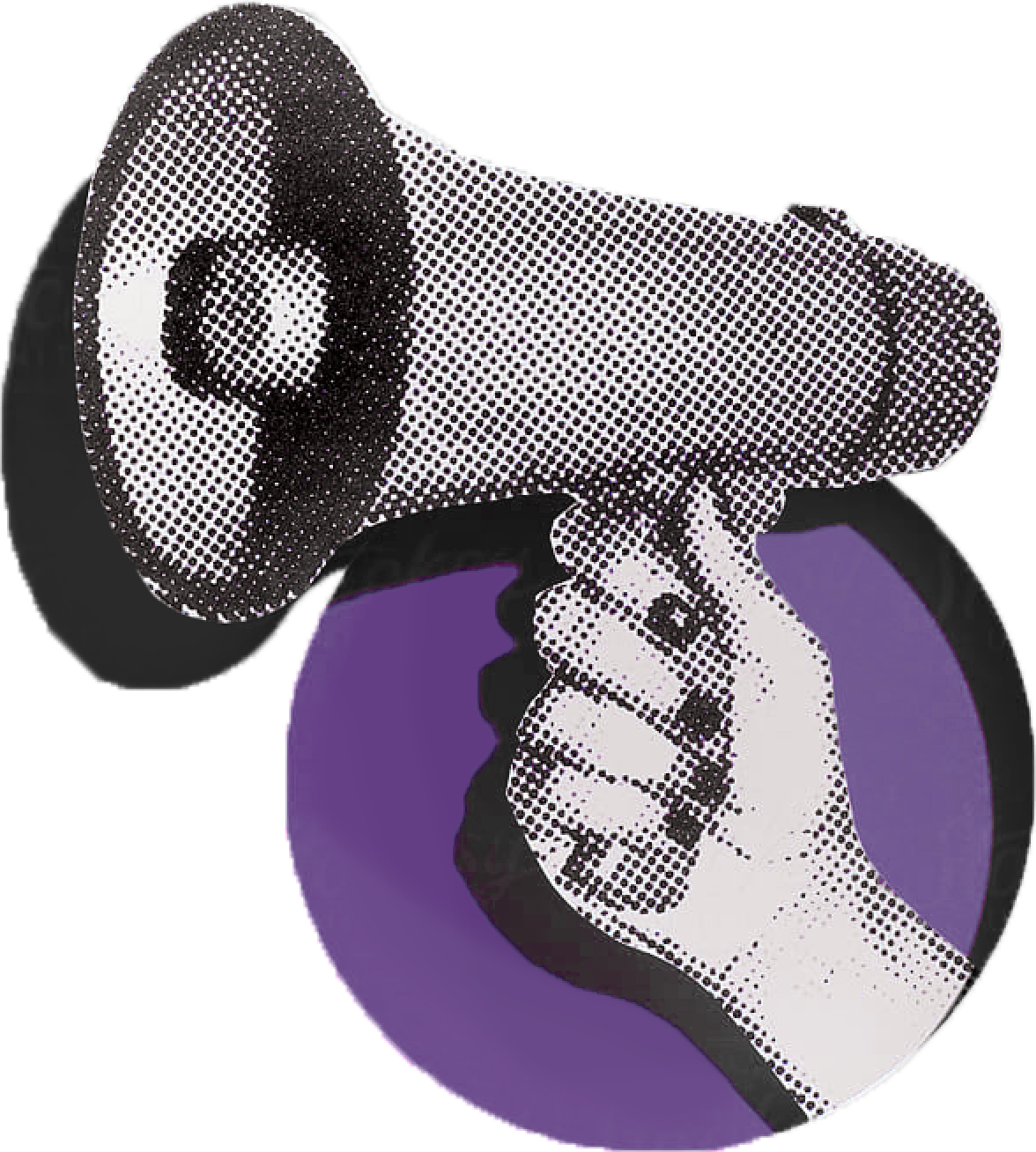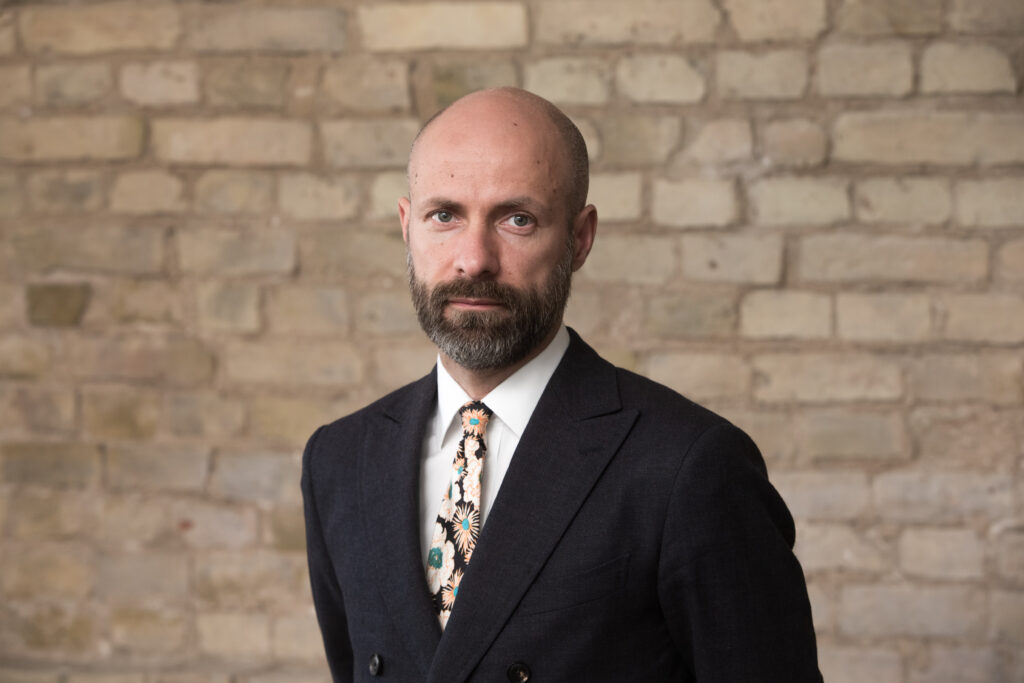Frequencies – does the overestimation of state needs lead to the waste of state resources?




The radio frequency spectrum is a finite and limited state resource. Because of this, the progress of national telecommunications is tightly linked with its regulation and deliberate distribution.
Lithuania is widely acknowledged for its telecommunication services’ affordability, along with effective competition among the country’s three biggest operators: Tele2, Bitė Lietuva, and Telia Lietuva.
Despite the country’s size, Lithuania’s small telecoms market is considered to be among the most advanced in Europe, particularly given the universal access to LTE infrastructure and the extensive fibre footprint. However, the state-owned communications network – mostly employed by public safety and emergency services – lacks similar development and operates using 2G technology, which is limited to voice services alone.
New State Critical Communications Network: Is it what they say it is?
In September 2020, the previous Government considered the establishment of the State Critical Radio Network, aiming to better cover the needs of public protection and disaster relief (PPDR) services. The Government has already approved the concept proposed by the Ministry of Transport and Communications. The ultimate goal of the new network would be to advance the PPDR sector to the
However, according to the plan, 30% of the 700 MHz and 25% of 3500 MHz bands would be reserved for the state network’s needs, the same bands used for commercial 5G networks. These proportions are relatively large, compared to the expected demand for the service. The estimated number of potential users is approximately 11,000, while the investment in the new state network is expected to reach 43 million EUR.
In this context, the following question appears. Is it a miscalculation of the state needs, or does the plan hide other ambitions – the establishment of a new state-owned mobile operator?
No discussion may lead to market distortion
Before the Government’s approval, the concept of the State Critical Radio Network had not been discussed with other market participants. The Government has not considered the alternative solutions, already successfully applied in other countries, and requiring far less investment. For instance, the private operators could share certain network elements, or even help create a hybrid model. The latter option works when the state uses its own core network and integrates it with the radio access network shared by one, or several private operators. If applied, these models would allow the Government to effectively meet the demands in PPDR, without wasting limited public resources.
Without consideration of the models described, there is a high risk of market distortion. Private operators participating in future spectrum auctions would compete for only 70% of the 700 MHz, and 75 % of the 3500 MHz bands. The reduction of the commercial spectrum width would lead to the decline in 5G network quality, slower technological development, and lower investments. The Government would lose out on the opportunity of collecting the fees that otherwise would be paid for by private operators for the remaining spectrum.
Cooperation will be the key
It is acknowledged that Lithuania must improve the poor standard of the current mobile network so necessary to the PPDR. The arguments above indicate that the current plan lacks strategic depth and clarity. Opinion dictates that the Government should press the pause button on the entire project, and encourage active dialogue between the governmental institutions and the industry. It would allow all to prepare a well-reasoned, strategically beneficial, and in-depth plan for the new State Critical Radio Network.
Meta team


Anastazija Peciukonė Account Director



